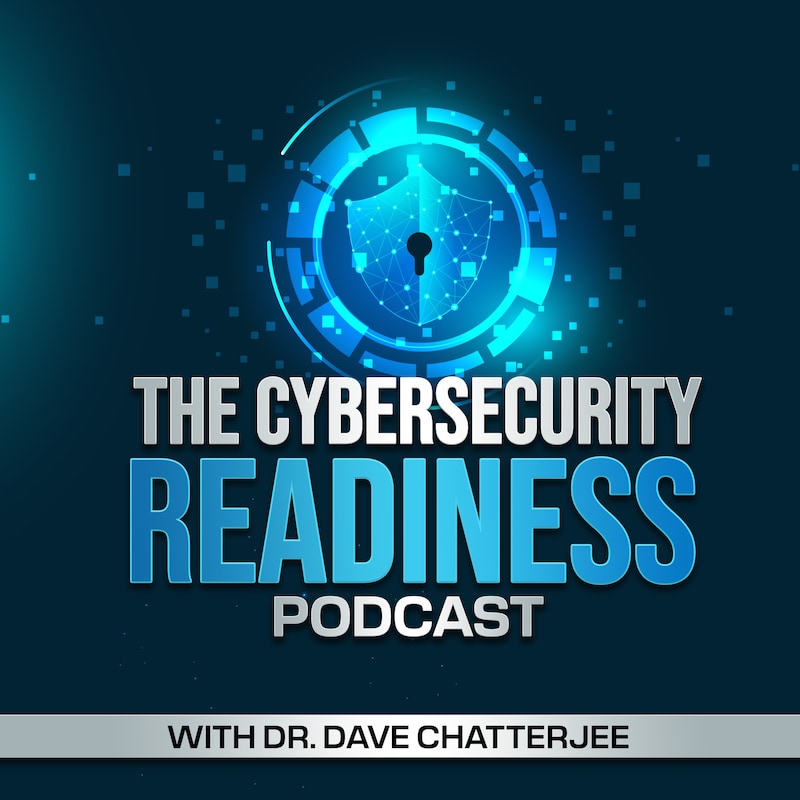
Securing Application Programming Interfaces (APIs)
Episode 63 •
10th April 2024 • The Cybersecurity Readiness Podcast Series • Dr. Dave Chatterjee
00:00:00
00:38:44



